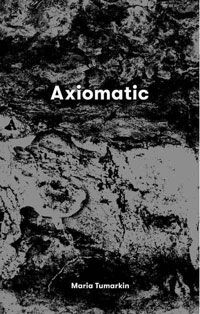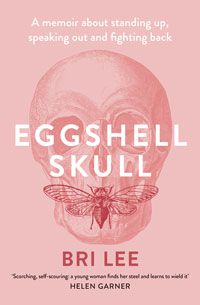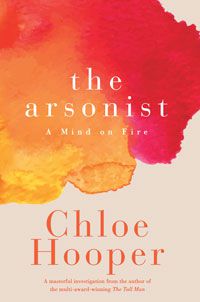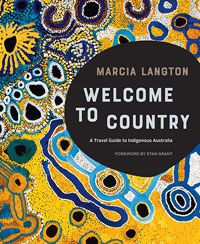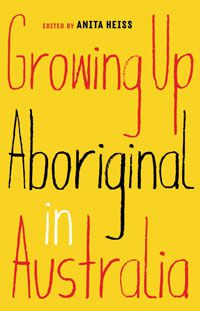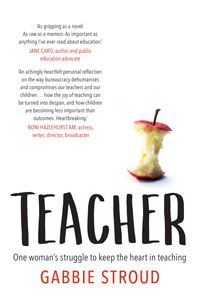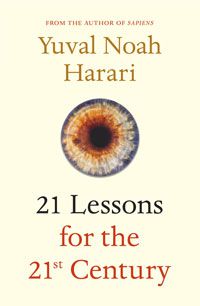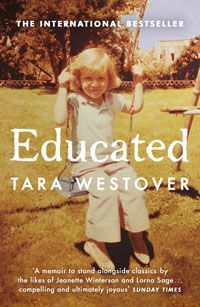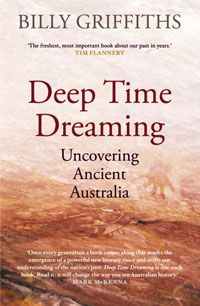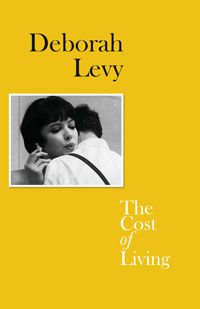Every year our staff vote for their favourite books, albums, films and TV shows of the past 12 months. Here are our top 10 non-fiction books of the year, voted for by Readings’ staff, and displayed in no particular order.
(You can find all our best picks for books, CDs & DVDs of 2018 here.)
Axiomatic by Maria Tumarkin
In game-changing creative nonfiction from one of Australia’s most original intellectual voices, Maria Tumarkin unpicks five of the timeworn adages we tell ourselves about the past, offering new ways of thinking about trauma, grief, history, family, memory, experience. Confronting, audacious, and written as if life depends on it, Axiomatic is one of my standout reading experiences of the last decade.
– Alison Huber
Eggshell Skull by Bri Lee
In this powerful memoir, Bri Lee shares her experience working in the legal system on child sexual assault cases – and how it helped her take her own case to trial. It’s confronting stuff, but in the age of #MeToo, writing like this is urgent and essential.
– Giselle Au-Nhien Nguyen
The Arsonist by Chloe Hooper
The Arsonist is one of the most powerful books I have read in years. With lyric beauty and precise detail, Chloe Hooper follows the arrest and trial of Brendan Sokaluk, who was ultimately convicted of lighting the fires outside Churchill on Black Saturday. Hooper delves deep to uncover the motivations behind such a devastating crime. A must-read.
– Joe Rubbo
Welcome to Country: A Travel Guide to Indigenous Australia by Marcia Langton
This important, beautifully presented publication really does welcome you to country. More than a travel guide, it offers insight into Indigenous Australia, past and present Indigenous artistic and agricultural practices are presented alongside information about important contemporary Indigenous cultural events, equipping the reader to recognise and experience the best of Indigenous Australian culture countrywide.
– Leanne Hermosilla
Growing Up Aboriginal in Australia by Anita Heiss (ed.)
This collection of personal essays and a poem, often accompanied by family photos, is long overdue. Anita Heiss has edited an astounding, warm, funny, angry tapestry of reminiscences of growing up Aboriginal in Australia. It cuts to the bone and makes each of us feel less alone.
– Marie Matteson
Teacher by Gabbie Stroud
Gabbie Stroud’s journey from wide-eyed rookie to burnt-out teacher is bracing stuff. She is great on the emotional weight teaching demands day-in, day-out. Her passionate, smartly written memoir puts a human face on the public debates around education in Australia.
– Mike Shuttleworth
21 Lessons for the 21st Century by Yuval Noah Harari
Following the success of Sapiens and Homo Deus, which focused on the human past and future respectively, Yuval Noah Harari now turns his gaze to the present. Addressing subjects such as climate change, terrorism, and A.I., Harari’s lessons don’t necessarily offer answers, but a lens through which to scrutinise the questions. Scholarly, engaging and thought-provoking.
– Roland Bisshop
Educated by Tara Westover
Against all odds, Tara Westover fought against her father’s paranoia and superstition and began educating herself, which saw her transcend her extremely unusual childhood and the remote mountains of Idaho to reach Cambridge and Harvard. Educated is an unprecedented journey of education, family and identity that I found mesmerising and triumphant.
– Rose Maurice
Deep Time Dreaming by Billy Griffiths
Billy Griffiths tells the story of archaeology in Australia and its contribution to our changing national identity. Discoveries such as Mungo Man have compelled non-Indigenous Australians to shed colonial prejudices, and reinforce the longevity of Indigenous cultural practices. By illuminating the past, Griffiths gives us hope for the future.
– Susan Stevenson
The Cost of Living by Deborah Levy
In The Cost of Living, Deborah Levy describes her daily life: she rides her electric bike to the shops, writes in a freezing shed, and endures a good deal of mansplaining. But Levy uses these ordinary experiences to explore, with wit and candour, her struggle for personal and artistic freedom.
– Joshua Barnes


